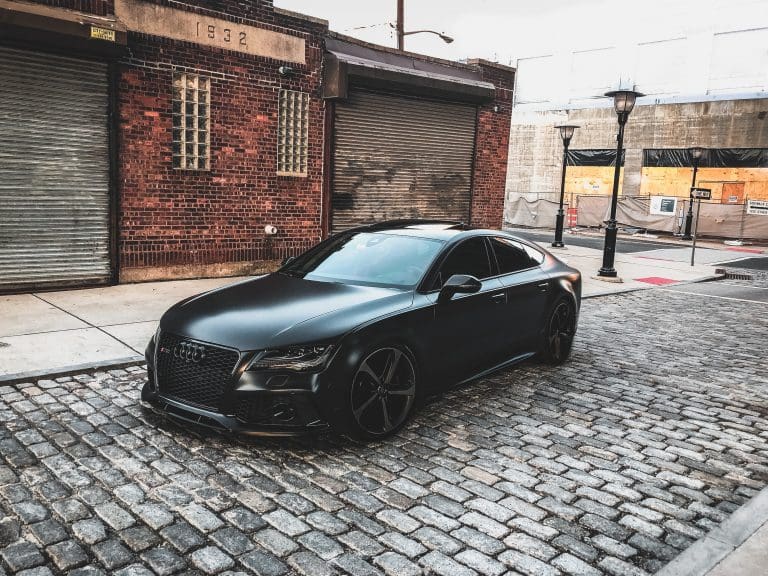When you decide that it’s finally time to get a new car, there are plenty of options when it comes to picking the engine. Obviously, most people will go for gas or diesel, considering these are by far the cheapest options, not to mention that you have a ridiculous amount of vehicles to choose from.
On the other hand, let’s not forget that a petrol or a diesel engine is not exactly eco-friendly and, in time, it can turn out to be pretty costly. This is a reason why a lot of people are nowadays going with hybrid or electric vehicles.
We know, giving up gas can be a big decision, considering that the hybrid and EV market is, from a lot of points of view, still developing. So, you need to carefully analyze your options, starting with one big question that definitely needs an answer: hybrid or electric?
Tough one, we know. But no worries, we’re here for you.
In order to help you with your decision, let’s take a few moments and discuss these two types of cars, focusing on both pros and cons for each, then try to see which one is actually better for you.
The Hybrid
Long story short, a hybrid can run on both fuel and electricity, one of its biggest advantages being the fact that it’s environmentally friendly. Or, if you prefer, it’s a regular engine, running on petrol or diesel, alongside a set of batteries, which also power the car and can recharge themselves, while braking, for example.
Additionally, there are also plug-in hybrid engines, with batteries that can be charged using a power outlet, just like an electric vehicle.
Everything clear so far? Then let’s talk about those pros and cons…
The pros of a hybrid engine
The major advantage of a hybrid is that when you’re driving around the city at lower speeds, it usually relies just on the batteries, so no fuel is consumed. And that’s absolutely great!
Besides this, it’s incredibly silent and it produces a smaller amount of carbon dioxide, compared to a regular car, allowing you to play your part in helping the planet.
But this is not everything!
Despite what some people say, a hybrid can still be considered affordable, as most major car manufacturers have hybrid variants of their best selling models and started lowering the prices lately.
The cons of a hybrid engine
One of the most important things you need to be aware of before buying a hybrid is that in case something doesn’t work properly anymore, the repair can be done just by a specialist and it can be more costly than for a regular car. So no more spending your weekends under the hood, fixing a few bits and pieces.
Additionally, there’s also the price. Again, hybrids are not as expensive as they used to be, not to mention that they are cheaper than EVs. Still, they cost more than a petrol or a diesel model and this can influence the buying decision for many people.
Also, in case of an accident, the danger increases, due to the high voltage batteries it uses. But fortunately, a lot of the newer hybrid models have incorporated a special battery deactivation system in the event of such incidents.
The Electric
Electric vehicles or EVs are becoming more and more popular among drivers from all over the world and there’s no wonder that manufacturers are considering this, releasing more models than ever. Even more, a lot of governments are announcing that they are planning to completely eliminate diesel, then petrol cars, in an attempt to reduce pollution, making room for cars that don’t generate any emissions. Especially a lot of young students who care about the environment pay a lot attention to what products they use. They are into technologies and prefer to use only the newest and safest equipment, for example like specific services that did not exist before, now allow them to get online help here even with their homework tasks.

Now, technically speaking, we can split EVs into two main categories: regular and extended range models. And the differences are quite obvious, we guess: regular electric vehicles rely just on their batteries, which can be charged using an outlet, while extended-range electric vehicles have an additional termic engine, placed above the battery, which can be used as an electricity generator.
But let’s see some advantages and disadvantages of EVs, shall we?
The pros of an electric engine
When it comes to EVs, we’re talking about zero fuel and zero emissions, these two being responsible for attracting many drivers. Therefore, if you aim to reduce pollution, an electric vehicle can be the perfect solution. And to make it even better, just think about how much money you can save in the long term, since you can pretty much forget how a gas station looks like.
“Ok, but what about charging my EV? It’s not exactly free…”
Yes, there are places where you need to pay for charging but, overall, you’re paying less than for filling up your gas tank!
Certainly, the quietness of the engine is another advantage, as it offers comfort for the driver!
As for the periodical revisions, they aren’t expensive at all, no matter what some might say. Compared to conventional engines, which have several parts, constantly in motion and exposed to damage, electric motors have fewer parts, making maintenance costs lower in the long run.
Finally, let’s not forget about the various bonuses offered by authorities when buying an EV, in an attempt to increase their number and reduce pollution.
The cons of an electric engine
Besides all the above-mentioned advantages, electric cars do come with some disadvantages as well.
The number of charging stations has significantly increased over the years but it still remains a problem. With the popularity of EVs constantly growing, we expect to see more charging stations so we can stop thinking about what will happen if we run out of electricity somewhere in the middle of nowhere.
Also, there’s autonomy. Some manufactures are making great progress, as their electric models can cover up to 500km in a single charge. But what happens with smaller models, with significantly lower autonomies? Not everybody can afford a Tesla Model S, after all. This is something that needs to be worked on, if you ask us.
What to choose?
Ok, now that we’ve gone through the pros and cons of both hybrid and electric vehicles, it’s time to answer the initial question: which one is better?
You’re probably going to hate this for us but…it depends.
If you’re not completely convinced by EVs and need something that can take you from A to B without worrying that you’ll run out of battery, then a hybrid is what you’re looking for.
On the other hand, if you want to go 100% green and need something mostly for short trips, go ahead, start looking for an electric!




